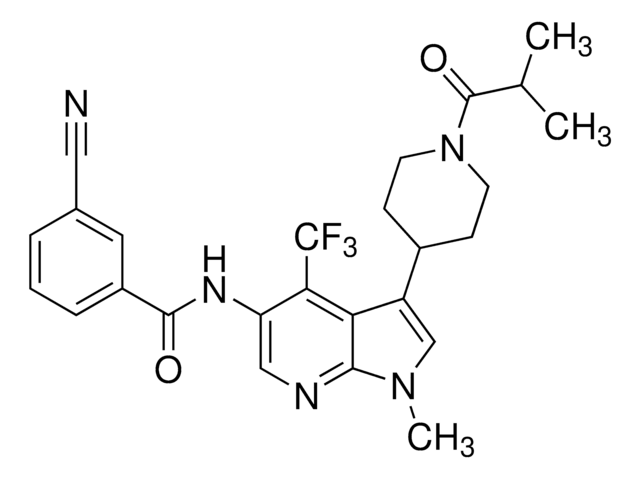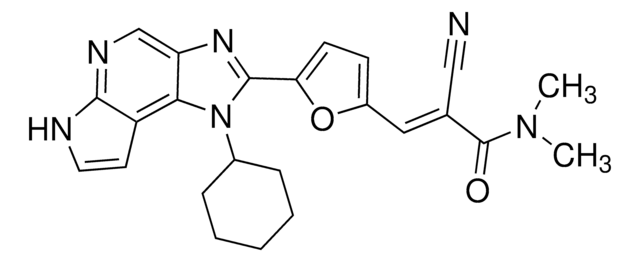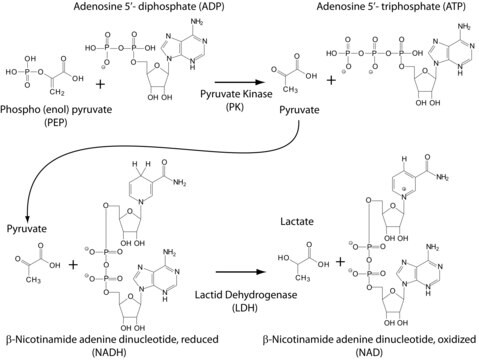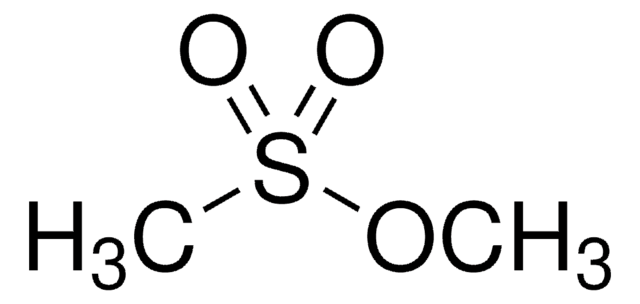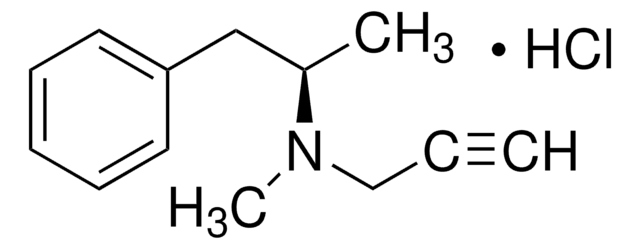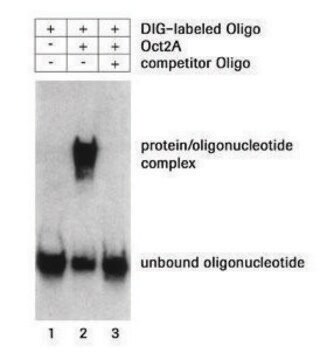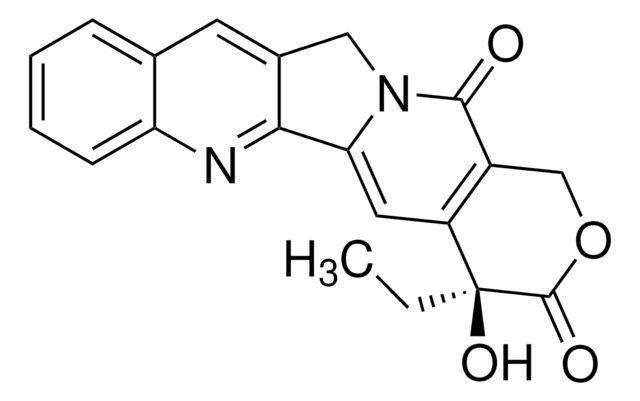Wichtige Dokumente
SML1992
FM-479
≥98% (HPLC)
Synonym(e):
(E)-2-Cyano-3-(5-(1-cyclohexyl-6-methyl-1,6-dihydroimidazo[4,5-d]pyrrolo[2,3-b]pyridin-2-yl)furan-2-yl)-N,N-dimethylacrylamide, 2-Cyano-3-(5-(1-cyclohexyl-6-methyl-1,6-dihydroimidazo[4,5-d]pyrrolo[2,3-b]pyridin-2-yl)furan-2-yl)-N,N-dimethylacrylamide, FM-381 Inactive Control
About This Item
Empfohlene Produkte
Assay
≥98% (HPLC)
Form
powder
Farbe
yellow to orange
Löslichkeit
DMSO: 2 mg/mL, clear
Lagertemp.
2-8°C
SMILES String
CN(C(/C(C#N)=C/C(O1)=CC=C1C2=NC3=CN=C(N(C)C=C4)C4=C3N2C5CCCCC5)=O)C
InChI
1S/C25H26N6O2/c1-29(2)25(32)16(14-26)13-18-9-10-21(33-18)24-28-20-15-27-23-19(11-12-30(23)3)22(20)31(24)17-7-5-4-6-8-17/h9-13,15,17H,4-8H2,1-3H3/b16-13+
Verwandte Kategorien
Biochem./physiol. Wirkung
FM-381, the active probe, is available from Sigma. To learn more about and purchase FM-381, click here.
To learn about other SGC chemical probes, visit sigma.com/sgc
Leistungsmerkmale und Vorteile
Lagerklassenschlüssel
11 - Combustible Solids
WGK
WGK 3
Flammpunkt (°F)
Not applicable
Flammpunkt (°C)
Not applicable
Hier finden Sie alle aktuellen Versionen:
Analysenzertifikate (COA)
Leider sind derzeit keine COAs für dieses Produkt online verfügbar.
Wenn Sie Hilfe benötigen, wenden Sie sich bitte an Kundensupport
Besitzen Sie dieses Produkt bereits?
In der Dokumentenbibliothek finden Sie die Dokumentation zu den Produkten, die Sie kürzlich erworben haben.
Unser Team von Wissenschaftlern verfügt über Erfahrung in allen Forschungsbereichen einschließlich Life Science, Materialwissenschaften, chemischer Synthese, Chromatographie, Analytik und vielen mehr..
Setzen Sie sich mit dem technischen Dienst in Verbindung.